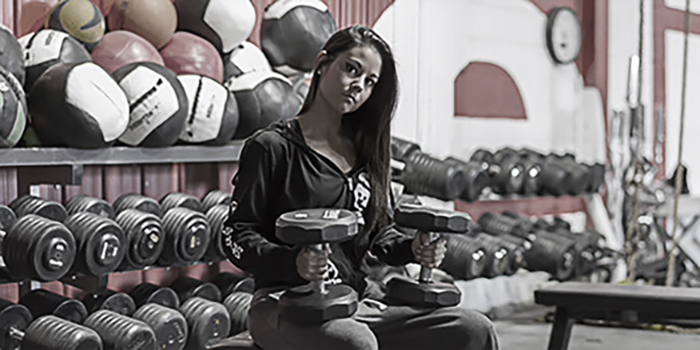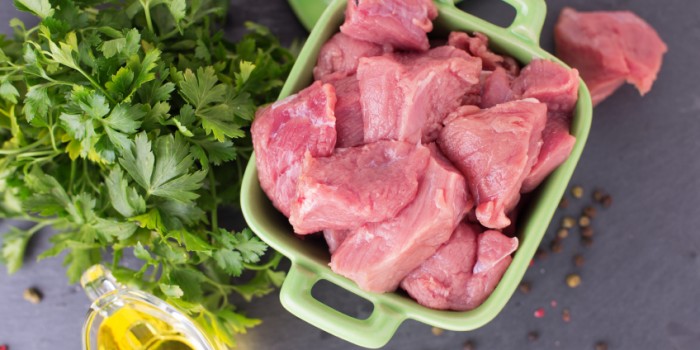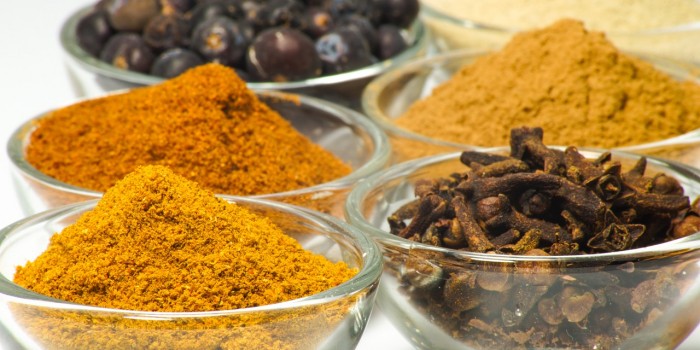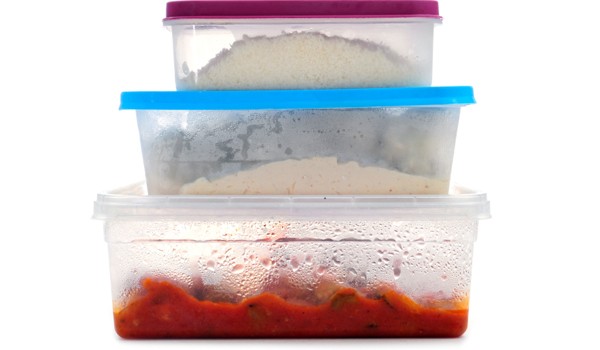
If you have read the first entry in this article series, you are probably ready to get started into a contest prep or maybe have already started and are searching for tips and strategies to make it easier along the way. Look no further! Within this edition I will be discussing various food prep strategies and travel tips. Your nutrition and dietary habits over the course of your prep can make or break your experience and overall results. Training is important, of course, but anyone who successfully competes will tell you nutrition has to be a primary focus. Below you will find tips and strategies designed to keep you on track.
Food Preparation and Prioritization
I touched on this a little bit in the first article, but to reiterate: proper food prep is a must and has to be prioritized. Without proper planning and thought, simply prepping your food can be the most annoying and time consuming part of your prep. I highly suggest prepping all of your meals for the entire week on one day. For me, that is Sunday night. For others it may be different but you need to do what works for you. It is much more time efficient and easier on your wallet if you buy everything in bulk and make your meals all at once. By doing this, no matter how busy you are during the week, you can simply grab your meals and go. Tupperware will become your new best friend so you might as well get used to it. On that note, make sure you prep your food correctly. A lot of new competitors make numerous mistakes making their food and they don’t even realize it. A few tips on this specifically...

1. Weigh your food.
Purchase a food scale and plan to use it regularly. Eye-balling food portions is a thing of the past. Competitors have to be strict and very purposeful when it comes to making their meals. Continuously measuring foods incorrectly (by guessing or using volume measurements) can potentially have hindering effects on your physique. The primary example that comes to mind is the infamous “tablespoon” of peanut butter. I’m sorry but that “tablespoon” of peanut butter that is piled high and dripping off the sides is no longer a tablespoon, my friend. It is probably 1.5-2 tablespoons and doing that again and again over time will add up. Also, when it comes to weighing food you need to make sure you are weighing the right amount. Foods weigh differently depending if they are raw or cooked. Meat is a good example. The nutritional value and caloric content of four ounces of chicken means four ounces of raw chicken, not cooked/burnt to a crisp chicken. If you weigh your meat after you cook it, a lot of the water will evaporate of out the meat making it weigh lighter than it is. Therefore you will actually be eating more than four ounces of chicken if you weigh four ounces once it's cooked.
2. Make your food taste good.
A lot of typical prep foods tend to be bland and boring in nature, so it is up to you to make it taste great without adding additional caloric value to the meal. I suggest venturing into the spice aisle at the grocery store and start packing up! You can make the most boring meals taste great with just a few sprinkles of spice and everything nice. Also, don’t forget about zero calorie sauces like Franks Red Hot (Buffalo is my favorite), yellow mustard, and Walden Farm’s products. There are a lot of calorie free and delicious options, you just have to take the time to look. At the end of the day, whether you like it or not, you are going to have to learn how to cook and make food taste great or you are not going to stay on plan. You may get sick of your meals and end up cheating or eating something way off plan if you don’t take the time to cook your meals properly and make them yummy. You may be hungry, but at least you will look forward to your next meal.

3. Don’t forget your H2O.
Fluid intake will also need to be taken into account and measured appropriately, but this is typically done with volume measurements as it should not hold any caloric value. Competitors don’t carry around their gallon jugs of water just for show (well….maybe they do); they are purposefully tracking their water intake. Making sure you drink enough water, and drink it consistently over time, will not only make you feel better but you will also look better. When you drink water inconsistently during your prep, your weight will probably fluctuate more than normal and it will be harder to track progress. Streamlining your water intake makes for easier weight loss progression and it simply keeps your body happy.
Traveling and Social Events
Traveling during prep season can be the most daunting and overwhelming experience for any competitor. The thoughts running through your mind might sound something like, ”Crap, can I take my food on a plane?” or “How do I keep my food cold?” You might even end up asking yourself, “How much food do I need to prep for this trip?” or “I have to google search Panera locations…I think they have microwaves.”
You get the picture — not fun. Therefore I am going to break down travel and make it simple for you.
1. Road Trip
No one said you can’t live a little during prep. Sure, taking a road trip or traveling might not be the most convenient thing to do, but life doesn’t stop just because you are prepping. No one likes a party pooper. It's going to take some extra effort on your part to make it work, but you don't have to shut down your life. If you are already used to prepping all your meals at once, this shouldn’t be a brain buster. As long as you have ice or ice packs to fill your coolers during your travels, you are fine. Assuming you may be staying at a hotel during your trip, you can take care of that smoothly as well.
Call your hotel ahead of time and double check their amenities. Some rooms already have fridges inside, some do not. If they do not provide them, they usually have fridges you can pay to have in your room (typically around $25 a night.) In the past, I may or may not have claimed to have diabetes and I said I needed to keep my meds in a fridge. And then I may or may not have gotten the fridge in my room for free. Let’s just keep that between us.
Overall, make sure you know what is to be expected before going on your trip. Taking some extra time to make sure food storage is accounted for will be a huge weight off your shoulders.
2. Flying
This one can get tricky. It really depends on your air flight carrier and your destination. If you are staying within the US you can typically take any type of food with you in your carry-on or checked bag. If you are traveling internationally you will have to touch base with the air flight carrier and potentially the different airports you will be in. Sometimes different airports have different rules, especially internationally. Avoid confusion and make the call ahead of time. If you have to go grocery shopping when you arrive at your destination, then so be it, but it would really suck to prep all your food only to have security dump it in the trash.

3. Social Event
Last but not least, how do you balance eating to plan if you have a social event? Maybe you have a brother's birthday party or your friends are getting married. This one is tough, but there are definitely solutions so you don’t have to sit at home worrying about how stressful it would be to go. Keep it simple: eat before you go. This one seems obvious, but cheat meals happen mostly due to social events where competitors just lose control. Being around food at a social event will be challenging. — it always is. It is up to you to control your behavior and keep your overall goal in mind.
It helps if you don’t arrive a ravishing mess. Make sure you eat before you go and maybe bring some protein powder with you just in case. I have also found that sipping coffee or a diet soda just makes me feel better if I am at an event. It gives me an extra boost and keeps my mind off the cupcakes in the corner. Either way, a social event is not an excuse to go off plan when your goal is to be on stage. Part of being a good competitor is understanding sacrifice because ultimately, competing is not easy. If it was everyone would go to the Olympia one day, but that is not the case. Even if you are at a bar with some friends, bring a baggy of protein powder with you just in case. Order some water at the bar, stir that shit up, and you are good to go. It just takes some creativity and discipline to get the job done.
These few tips are not revolutionary or even game changers, but the small things add up, especially when competing. Every ounce of effort matters and takes you one step closer to the best physique of your life. Everyone in this industry does things a little bit different, you just need to find what works best for you and run with it.
Look out for the next and last installment of this series, where I will discuss the final considerations and expectations of show day.











All calories and macros for meat are based on its raw weight, not cooked weight. So if you weight 4 oz of chicken cooked it is going to be off. 4 oz of cooked chicken is probably 5-7oz of macros and cals in reality even if you weighed it at 4oz. Water drains from the meat when you cook it, making it lighter, but the calories remain. Does that make sense?